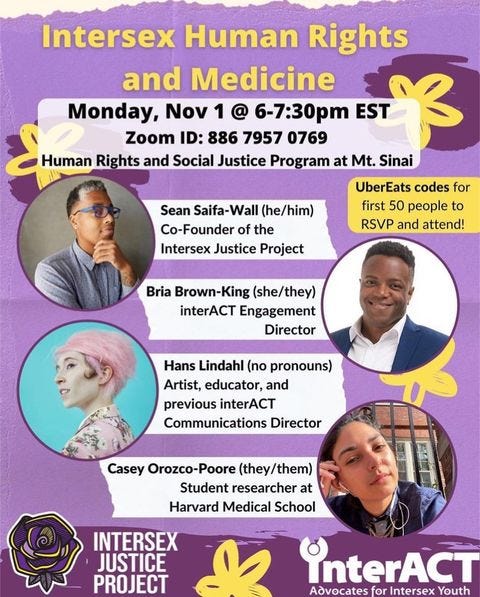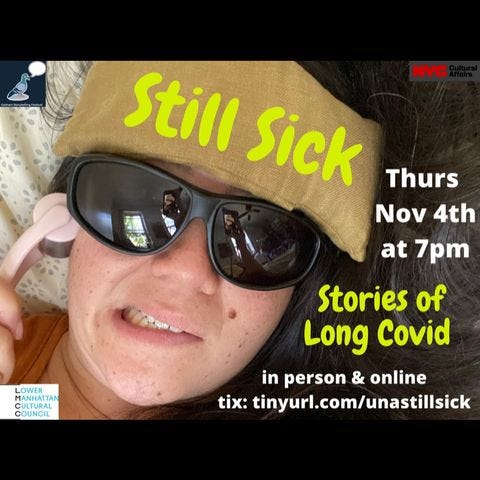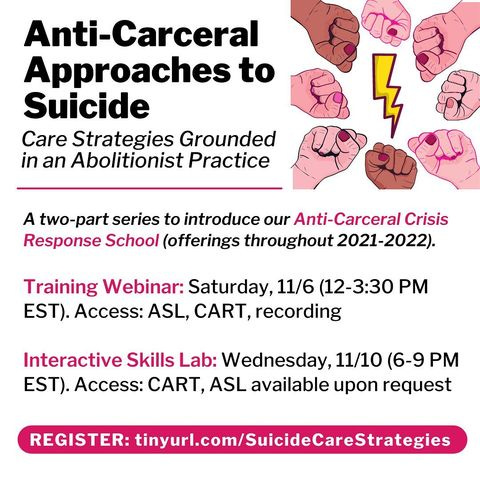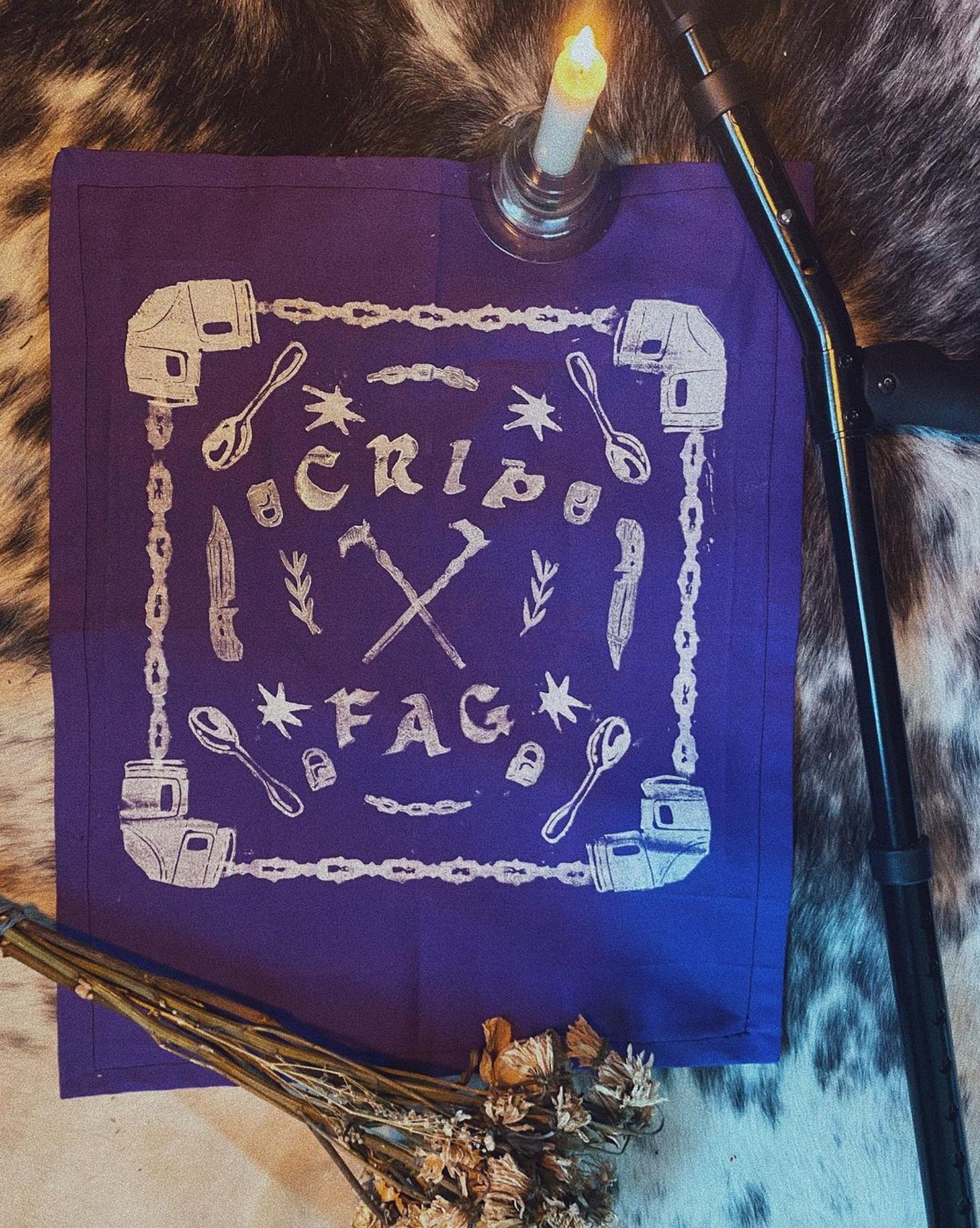Crip News v.4
We still have no deal on the Build Back Better spending bill, despite pressure from the Biden administration last week to quell Democrats’ intra-party drama. The 12-week paid family and medical leave program that was supposed to be at the center of the social safety net legislation has been cut. A proposed plan to extend vision and dental insurance through Medicare has also been cut, though hearing benefits will be included, which will cover the cost of hearing aids, aural rehabilitation and treatment services, and hearing assessments.
It’s difficult to know what’s in the bill until more specific details emerge. We know, however, that many disability-related legislative changes are coming. Some are widely known and anticipated, like extension of enhanced health insurance marketplace subsidies to keep premiums from rising right as 2023 open enrollment coincides with the midterm elections. Others we will better understand in the coming weeks, like Medicaid eligibility for people being released from incarceration and increased funding for the Indian Health Service.
In other news:
The U.S. Department of Justice has reached a settlement deal with the Vermont Department of Corrections to make access-related changes to the state’s prisons.
In December, the Supreme Court will hear a case involving CVS’s mail-in specialty pharmacy that may attack the foundation of disability non-discrimination protections.
As New York City begins enforcing its vaccine mandate for municipal workers today, thousands of vaccine-refusing workers will be told to stay home on unpaid leave. Last week, a judge refused a police union’s attempt to stop the mandate from being enforced.
The CDC added mood disorders to its list of conditions that could place people at increased risk for more severe COVID-19.
Russell “Maroon” Shoatz, a disabled elder who has spent half a century in prison and survived 22 years in solitary confinement, has been given compassionate release.
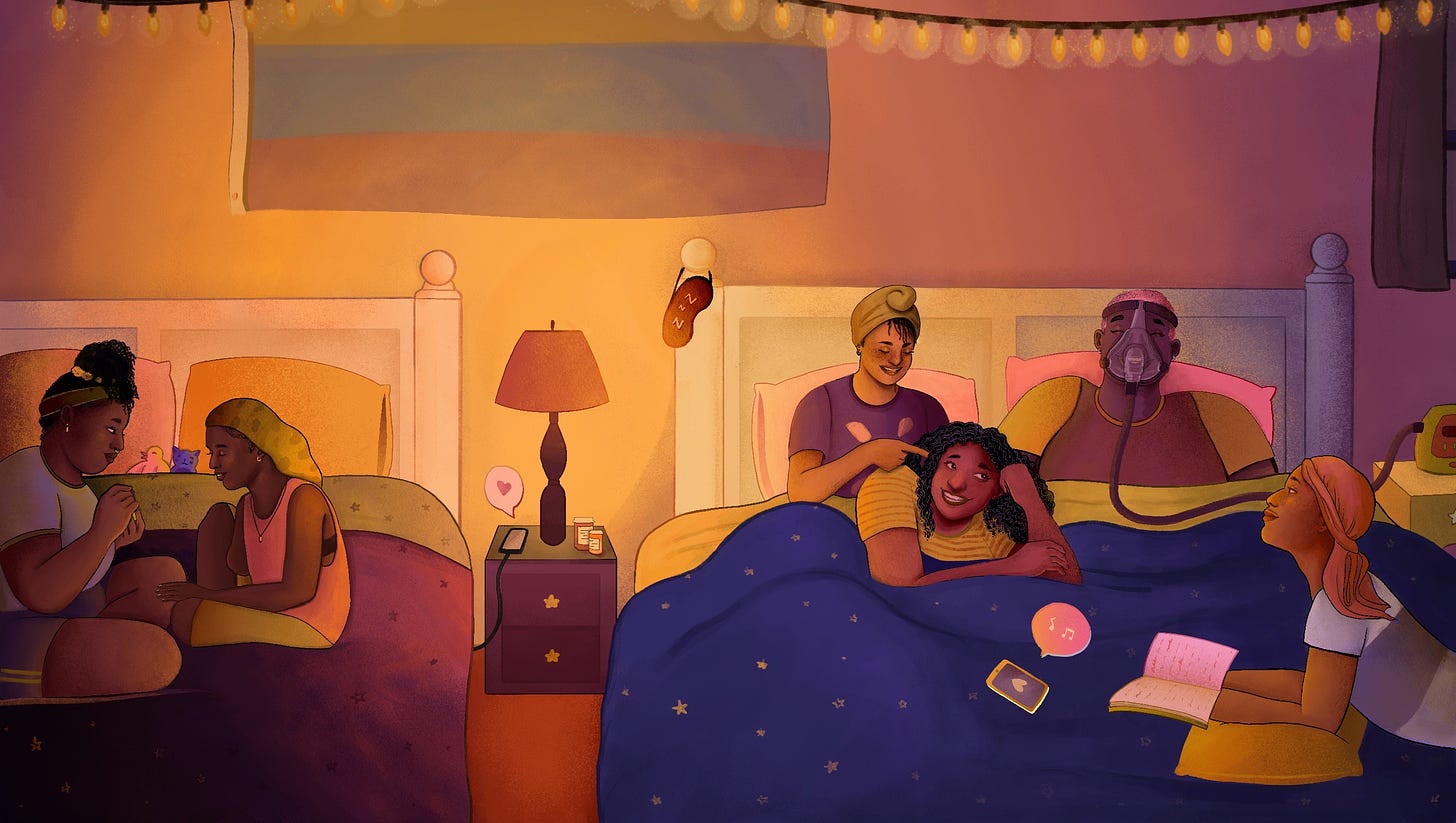
If you’re ready to get cozy as the temperatures drop where you are, you have lots of amazing new long-form reads to choose from:
In “The Abundance and Conflict of On-Demand Writing,” Louise Hickman writes about the “steno brief” in real-time captioning, reflecting on access workers’ often-hidden conflict resolution techniques.
The National Endowment for the Arts published “Disability Design: Summary Report from a Field Scan,“ authored by the agency’s Accessibility Office and Josh Halstead.
There is no audio version of John Lee Clark’s essay “Against Access” in McSweeney’s Audio Issue. If that doesn’t make sense, let the piece explain.
Derecka Purnell’s Becoming Abolitionists: Police, Protests, and the Pursuit of Freedom is a must-read, especially the book’s chapter on abolition and Disability Justice.
Up Against the Wall: Art, Activism, and the AIDS Poster features 200 examples of the University of Rochester’s poster collection.
M. Leona Godin, author of There Plant Eyes: A Personal and Cultural History of Blindness, writes about Helen Keller and inspiration porn in the New York Times.
Disability Visibility: 17 First-Person Stories for Today is out. It is an adaptation of Alice Wong’s 2020 anthology for younger readers
And when you want something to watch or listen to:

The video from The Hasting Center’s event “Enjoying: Disability as a Creative Force” is now available.
NPR profiles Martha Lillard, one of the last users of an iron lung in the U.S.
NYC-based disability arts advocate Christine Bruno was featured on NY1 discussing Hollywood’s recent casting of disabled actors.
“Discourse: Disabled Artists at the Joyce” is now streaming until Sunday, Nov. 7 at 11:59pm ET. It features the work of Jerron Herman, Kayla Hamilton, Yo-Yo Lin, and Christopher Unpezverde Núñez.
And if all these things make you want to create something yourself, Autonomous Press is now accepting submissions of short fiction, short memoir, and poetry for the seventh volume of Spoon Knife, the annual multi-genre neuroqueer lit anthology.

Now, art news!
Eyebeam announced its new artist-run “fractal” Democracy Machine Fellowship. The all-BIPOC cohort included disabled artist Panteha Abareshi. (I was honored to be a nominator for this wonderful new program.)
The Association of Performing Arts Professions opened applications for its ArtsForward program that will offer direct grants of $35,000 or $50,000. Applications are due Nov. 15 at 5:30pm ET.
Ryan Haddad has won the Vineyard Theatre's Paula Vogel Playwriting Award.
This month, Sotheby’s will auction Frida Kahlo’s 1949 self-portrait, Diego y yo (Diego and I), the last self-portrait she completed before her death.
And now, this week’s events.
Tonight, Nov. 1 from 6-7:30pm ET, the Health Justice Commons presents “Intersex Human Rights and Medicine” in person at the Icahn School of Medicine and on Zoom. Live captions. Food will be provided to the first 50 people who register + attend the event. An uber eats giftcard of $20 will be provided to the first 20, followed by $10 for the next 30. No cost. Register here.
On Friday, Nov. 5 from 4-5:30pm on Zoom, the NYU Center for Disability Studies will host a conversation about alt-text and audio description with Bojana Coklyat, Shannon Finnegan, and Thomas Reid. Moderated by yours truly! CART and ASL, with other access features by request. No cost. Register here.
On Thursday, Nov. 4 from 6:30-8pm ET, La Marr Jurelle Bruce and Farah Jasmine Griffin will discuss How to Go Mad Without Losing Your Mind: Madness and Black Radical Creativity. Live transcription, ASL, and other access features by request. No cost. Register here.
NYC Metro RID presents “DI/HI Teaming in the Virtual World” with Kat Daviton-Burland on Sunday, Nov. 7 from 1-4pm ET on Zoom. In ASL, no voice interpretation. $20 for members, $40 for non-members. Register here.
On Wednesday, Nov. 3 on Zoom, Manchester Met will present “Hearing Happiness: Deafness Cures in History” by Dr. Jaipreet Virdi. No access info. No cost. Register here.
On Wednesday Nov. 3 from 5-6pm ET on Zoom, the Disability Intersectionality Summit and the Disability Visibility Project kick off a series about the enduring legacy of Fannie Lou Hamer with Andraéa LaVant in conversation with Dr. Keisha Blain about her new book, Until I Am Free: Fannie Lou Hamer's Enduring Message to America. ASL and CART. No cost. Register here.
On Wednesday, Nov. 3 from 2-3pm on Zoom, Jeff Kasper will present “Measures of Support” as part of Carleton University Art Gallery’s Disruptions: Dialogues on Disability Art series curated by Dr. Michael Orsini. Live captions and ASL. Register here.
Image description of an Instagram post from Una Aya Osato: Me laying in bed with big black sunglasses, green eye pillow, and face massager, words in light green and white text say: still sick: stories of long covid, Thursday November 4th at 7pm, in person and online tickets at tinyurl.com/unastillsick.
An Instagram post from Project LETS shows a flyer for 2 events about “Anti-Carceral Approaches to Suicide: Care Strategies Grounded in an Abolitionist Practice.” A “Training Webinar” happens on Saturday Nov. 6 from 12-3:30pm ET with ASL, CART, recording. An “Interactive Skills Lab” happens on Wednesday Nov. 10 from 6-9pm ET with CART and ASL upon request. Suggested donation per event. Register here.
Toby Hayes makes some amazing hankies and prints. I adore by Crip Fag hanky! Check out Toby’s work and consider supporting his wheelchair purchase (so close to its goal!).




